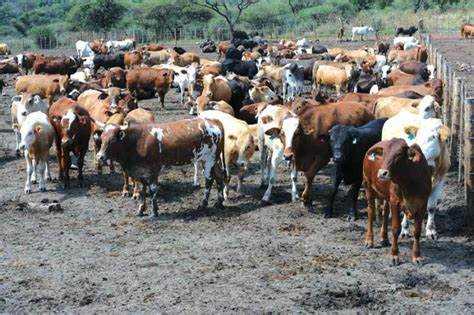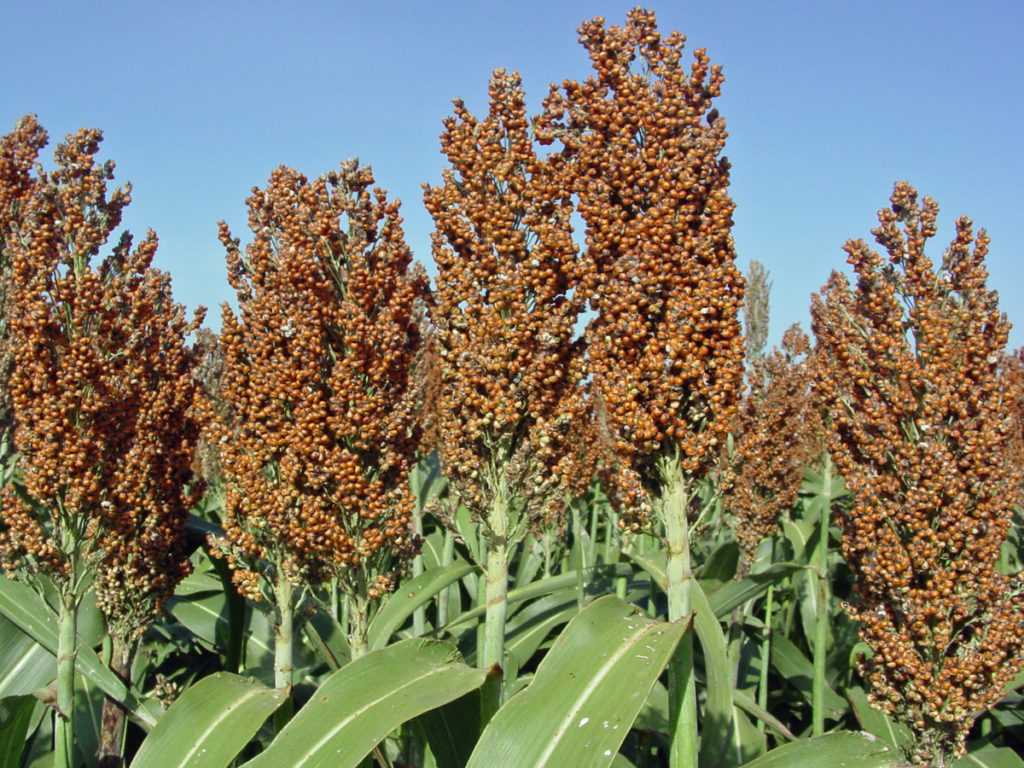
Zim Now Writer
Theleriosis, commonly known as January Disease may be a thing of the past following the production of Bolvac, a breakthrough by the Department of Veterinary Services (DVS) with the support of government and development partners.
January Disease led to the death of 500 000 cattle worth US$175 million at its peak between 2017 and 2019. The loss represents around 8.9 percent of the estimated national herd of 5.6 million cattle that Zimbabwe has.
DVS Director, Dr Josaphat Nyika confirmed the development saying they had produced about 20 000 doses and hope to have produced 100 000 by year-end, adding that they would prioritise hotspots such as Manicaland Province.
“This is a breakthrough, and we are now in the clinical field trial phase. This is going to change the landscape of fighting theileriosis,” said Nyika.
The animal doctor warned farmers to avoid complacency, saying the Bolvac breakthrough against theleriosis was not everything since there are other tick-borne diseases, such as gall sickness, redwater and heartwater, whose effective control can only be achieved through regular, coordinated dipping.
“Although we have made a breakthrough in producing the vaccine, the core of tick-borne diseases control is dipping. If you vaccinate cattle against January Disease then stop dipping them, it will not protect the herd against the other three diseases. So dipping is holistic and cost effective,” Nyika said.
Related Stories
January Disease, like other tick-borne diseases, is caused by irregular dipping.
While applauding government for interventions that address livestock diseases confronting small-holder farmers, reducing cattle mortality significantly, livestock expert, Professor Joseph Kamuzhanje noted that vaccination is always an expensive exercise.
“It is important to ensure that Bolvac is affordable and accessible to all farmers, otherwise this vaccine will not have the necessary and desired impact.
“This development shows that as a country, we have the capacity to produce these products. There are no excuses for not producing our own vaccines,” he said.
Kamuzhanje added that it was crucial to capicitate the DVS and the Department of Research and Specialist Services to enable them to remain at the forefront of fighting livestock and crop diseases.
The severe shortages of dipping chemicals led to disruptions in the communal dipping programme, resulting in cattle not being dipped regularly and succumbing to tick-borne diseases.
Besides January Disease, scarcity of drinking water and grazing land shortages led to huge losses for communal farmers as they were forced to watch helplessly as their cattle died.




















Leave Comments